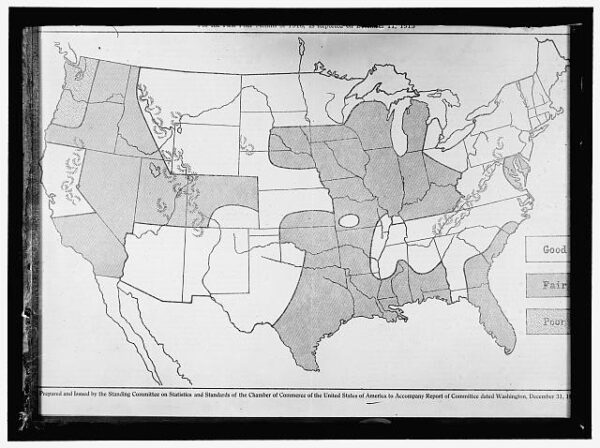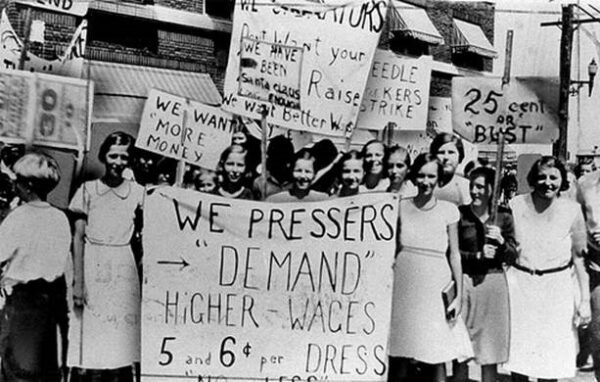Blog

KILLING THE MESSENGER
Retaliation Is Still Illegal – When Attorney Acts for Employer Federal and California law guarantee minimum wage and overtime pay, and prohibit retaliation against an employee who complains about a perceived violation of those laws. In California law, unlawful retaliation includes reporting or threatening to report any worker to U.S. Immigration and Customs Enforcement (ICE) to […]

WELCOME TO THE FIRM – PETER BRAYER
PETER BREYER – IS FIRM’S FINANCE DIRECTOR Mr. Peter Breyer has joined the firm as our finance director. Peter comes to us with an extensive finance background in the publishing industry. As a chief financial officer, he supervised collections, disbursements and accounting procedures. He is pleased to be working with a law firm, having acquired an […]

NATIONWIDE MINIMUM WAGE RATES LIST
Nationwide Minimum Wage Rates List – 2017 – 2018 Federal minimum wage rate, currently set at $7.25, is often inadequate to meet basic needs and expenses, especially in certain high-end urban locations. As a result, many areas have increased local minimum wage rates according to business size and consumer price index. The following table lists minimum […]

PREVENTING WORKPLACE DISCRIMINATION
ACCOMMODATING DISABILITIES, MADE SIMPLE – New Guidelines Package Available for California Employers The California Fair Employment and Housing Act (FEHA) requires employers with five or more on payroll to engage in an “interactive process,” i.e., a timely, good faith communication to explore if and how to reasonably accommodate a physically or mentally disabled worker in order to […]

CAUTIONARY TALES EPISODE 3
Construction Company Sued for $6,300,338 – Alleged Misclassification of Independent Contractors The California Labor Commissioner has sued Glendale-based Calcrete Construction, Inc. claiming $6,300,338 for the company’s willful misclassification of some 175 persons as independent contractors as well as other wage violations. The Commissioner credits the Carpenters/Contractors Cooperation Committee, a union-affiliated non-profit organization monitoring workplace compliance, […]

REQUIRING EMPLOYERS TO PAY FOR SICK DAYS; A NATIONAL TREND
PAID SICK LEAVE BENEFITS, A NATIONWIDE LIST – Is Your Business Affected? Currently, no federal paid sick leave law exists. However, over the last decade, many states, counties and cities have passed distinct laws requiring covered employers to provide such benefits to designated workers. Businesses employing persons in multiple covered locations may face conflicting requirements for […]

WHAT IS YOUR LACTATION LOCATION?
San Francisco Workplace Ordinance – Directs Time and Space for Nursing Mothers San Francisco is the first California city to enact an ordinance requiring private employers to provide lactation breaks and rooms to employees who are nursing mothers. Effective January 1, 2018, all non-governmental employers under San Francisco’s “Lactation in the Workplace Ordinance” must provide […]

ASKING FOR JOB APPLICANT AGE IS A NO-NO
California’s Updated Guidelines for Hiring Interviews and Applications California employers must comply with increasingly complex anti-discrimination laws. See, New Transgender Rights in the Workplace (July, 2017), High Times in California (April, 2017), and Banning the Box in Los Angeles (March, 2017). To further aid management in determining a person’s job qualifications without violating the applicant’s […]

CAUTIONARY TALES EPISODE 2
Two Tow Companies Owe $4.8 Million In Unpaid Minimum Wages, Overtime The California Labor Commissioner has announced a $4,874,661 award against Irvine Auto Towing, Inc. and Yaco Investments, Inc. for multiple wage theft violations affecting 187 drivers, mechanics, and dispatchers. Following a formal administrative proceeding, a hearing officer found these two tow companies had generally paid a flat […]

EQUAL PAY FOR WOMEN
San Francisco Bars Employers Asking Applicants for Pay History Taking a cue from the California Equal Pay Act (2016), San Francisco’s Board of Supervisors has passed a city-wide “Parity in Pay Ordinance” promoting gender wage equality by restrictions on what an employer can ask a job applicant on his/her pay history. Effective July 1, 2018, […]
